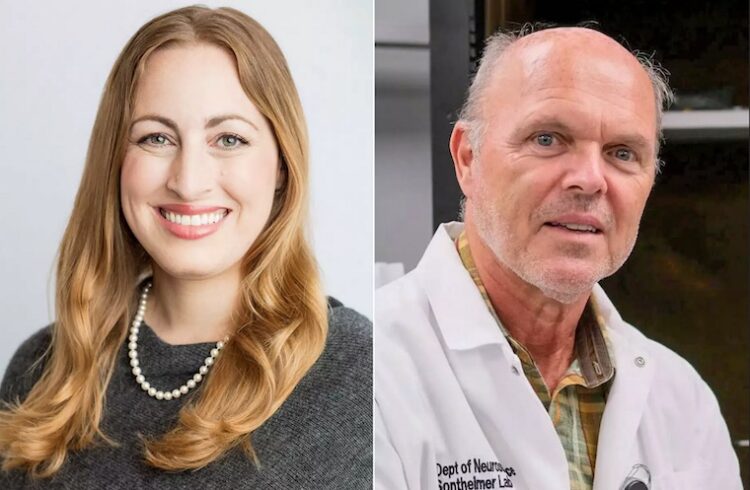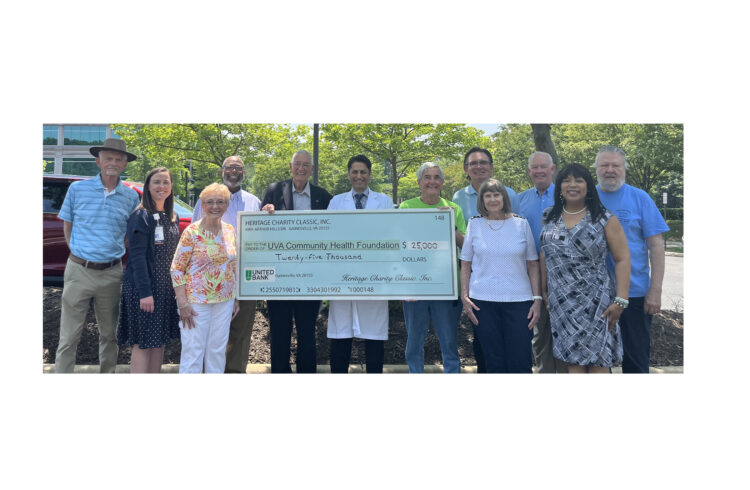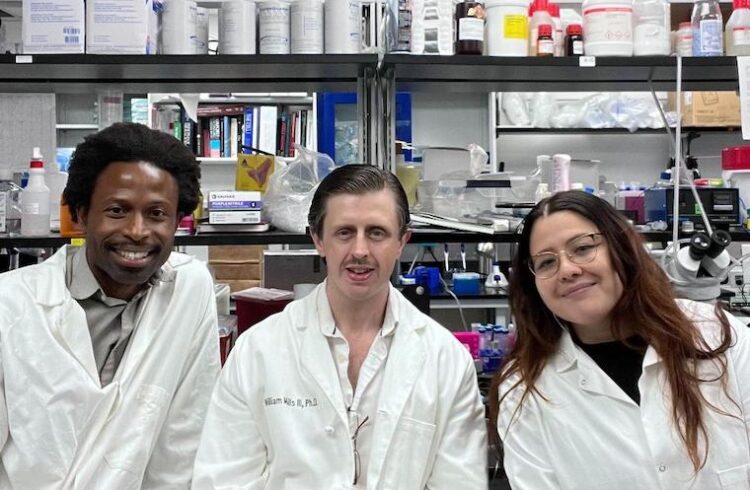
The University of Virginia Health System is a Grand Challenges Explorations winner, an initiative funded by the Bill & Melinda Gates Foundation . John C. Herr, PhD, professor of cell biology and director of UVA’s Center for Research in Contraceptive and Reproductive Health, will pursue an innovative global health and development research project, titled “Non-Hormonal Female Contraceptive Targeting Egg Specific Metalloprotease.”
Grand Challenges Explorations (GCE) funds scientists and researchers worldwide to explore ideas that can break the mold in how we solve persistent global health and development challenges. Herr’s project is one of more than 85 Grand Challenges Explorations Round 6 grants announced today by the Bill & Melinda Gates Foundation.
“GCE winners are expanding the pipeline of ideas for serious global health and development challenges where creative thinking is most urgently needed. These grants are meant to spur on new discoveries that could ultimately save millions of lives,” says Chris Wilson, director of Global Health Discovery at the Bill & Melinda Gates Foundation.
To receive funding, Herr and other Grand Challenges Explorations Round 6 winners demonstrated in a two-page online application a bold idea in one of five critical global health and development topic areas: polio eradication, HIV, sanitation and family health technologies, and mobile health. Applications for the current open round, Grand Challenges Explorations Round 7 , will be accepted through May 19, 2011.
During the past twelve years, Herr and his UVA team have been studying the proteins found in eggs (oocytes) and have created an oocyte protein encyclopedia. By identifying the sub-set of proteins that are found only in the egg, and not in any other tissue in the body, the group has identified new protein targets for development of next generation female contraceptives. These protein targets may help develop contraceptives that use an entirely new mechanism of drug action that does not rely on steroids (the drugs in the current female contraceptive “pill”) to stop fertilization. These new targets may open opportunities for new classes of contraceptive drugs that are reversible and do not carry the side effects of the current “pill” in some women, which include blood clots, weight gain, dizziness, nausea, and acne.
“ We’ve identified a protein target that’s not only restricted to the egg, but is found on the egg surface during fertilization,” Herr said. “The drug that we’re hoping to create will be designed to target only the egg in contrast to current contraceptives that interact with receptors in many cell types in a variety of tissues.”
Herr’s research team has identified a metalloprotease enzyme on the egg’s surface called SAS1B, which binds with sperm at fertilization. Another unique feature of the new protein is that it is found only in mature eggs (but not in the reserve of immature eggs) so the new drug to be developed will also be selective for the stage of egg development. Researchers hope to design both a small molecule and a human antibody biological drug to target this enzyme to halt fertilization, but his team needs to find the natural substrates that fit in the “pocket” of the enzyme. These will be used as a scaffold for drug design.
“Globally, more than half of all pregnancies remain unintended,” Herr says. “There’s a need for new types of female contraception, particularly those with fewer side effects. Our strategy represents a potential paradigm shift in female contraception by creating an entirely new class of drugs, which we’ve named oolysins, literally, drugs that cause the egg to undergo cell death. Identification of an egg specific surface protein that is found only in the mature eggs and is absent from the reserve of immature eggs, opens a new pathway for the design of a more selective, specific, and reversible female contraceptive.”
About Grand Challenges Explorations
Grand Challenges Explorations is a $100 million initiative funded by the Bill & Melinda Gates Foundation. Launched in 2008, Grand Challenge Explorations grants have already been awarded to nearly 500 researchers from more than 40 countries. The grant program is open to anyone from any discipline and from any organization. The initiative uses an agile, accelerated grant-making process with short two-page online applications and no preliminary data required. Initial grants of $100,000 are awarded two times a year. Successful projects have the opportunity to receive a follow-on grant of up to $1 million.


